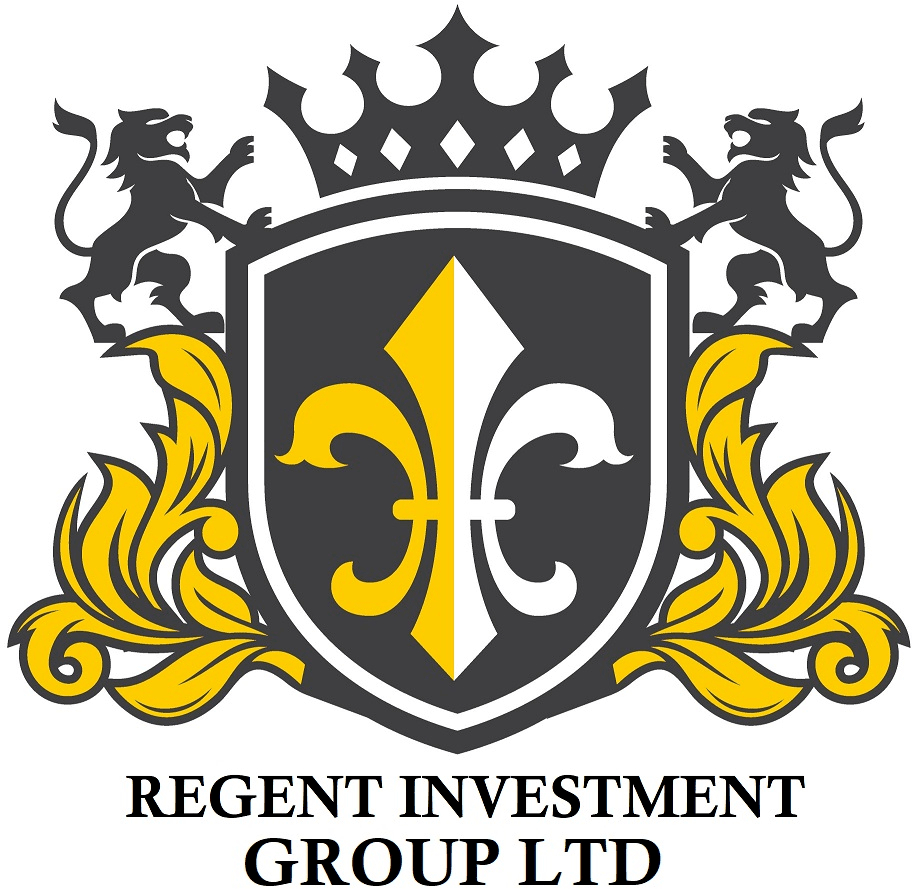THE STAGES TO SELLING YOUR BUSINESS

If you are considering selling your business but don’t know how much it’s worth, the simple answer is:
“the business is worth what someone is willing to pay for it”
In each stage, there are a number of ways to ensure that value is added to your company.
Preparing For Sale
Going To Market
Negotiating The Sale
Due Diligence
Completion
Handover To Purchase
FINANCIAL CONTROLS
Having good financial controls in place is important to demonstrate to potential buyer’s that you have a good grasp on the numbers, which is ultimately the purpose of the business – GENERATE PROFITS. This will make it easier and more attractive to the potential buyer as it demonstrates that the business is being managed properly and that there are proper control mechanisms in place to identify any issues that may arise in a timely manner.
CUSTOMERS
Customer concentration represents a significant obstacle and will affect the sale-ability, valuation, and deal structure of a business-for-sale transaction. Not only will it create problems in qualifying buyers but it will impact the ability for any prospective purchaser to obtain third party financing to complete the acquisition. Determining if customer concentration is present in an enterprise is critical to the acquirer, for them an ideal business has a broad, diversified customer base.
EMPLOYEES
Having a loyal and content work force with long term employees is always a positive attribute for a buyer seeking to acquire a privately held business. Also you want customers to be dealing mainly with the employees, especially in customer facing functions rather than the owner. This shows that the business can continue to flourish without the owner and won’t create challenges for the new owners in customer retention.
SELLER MISTAKES PREVENTING DEAL CLOSING

95% of ALL business owners don’t have an exit plan.”
“Up To 90% of businesses put up for sale FAIL to sell first time”
Unrealistic Seller Expectations
Poor Financial Records
Declining Business Sales
Waiting To Long To Sell It
Seller Can’t Let Go
FUTURE PROSPECTS
Businesses that operate in an industry that have a strong outlook for continued growth in the years ahead will be highly sought after. You need to be able to provide realistic, justifiable projections of future growth and earnings together with solid contracts, areas of growth identified and potential new markets. This shows potential buyers a path of improving bottom line profits which demonstrates to them the UNDERLYING VALUE in the business.
PROFESSIONAL ADVICE
Professional advice is vitally important at this stage – adding value and potentially saving costs and maximising value. You need to ensure you have advisers in ALL the relevant areas from accounts, tax, finance and legal matters together with mergers & acquisition specialists. If you need to discuss any part of the sale process in complete confidentiality, feel free to contact us. There is NO cost to you, we do NOT charge any consultancy fees for an initial chat.
DOCUMENT CHECKLIST
|
Initial Assessment Stage |
Offer.Due Diligence Stage
• HP Agreements • Trade Receivables Ledger • Creditor Ledger • Assets List (plant, machinery, equipment) • Employment contracts • Customer contracts • Supplier contracts |
LETS GET STARTED
Looking for more information? Interested in talking to one of our Partners about the potential sale of your company?
Please let us know. We’ll be in touch with you shortly.
